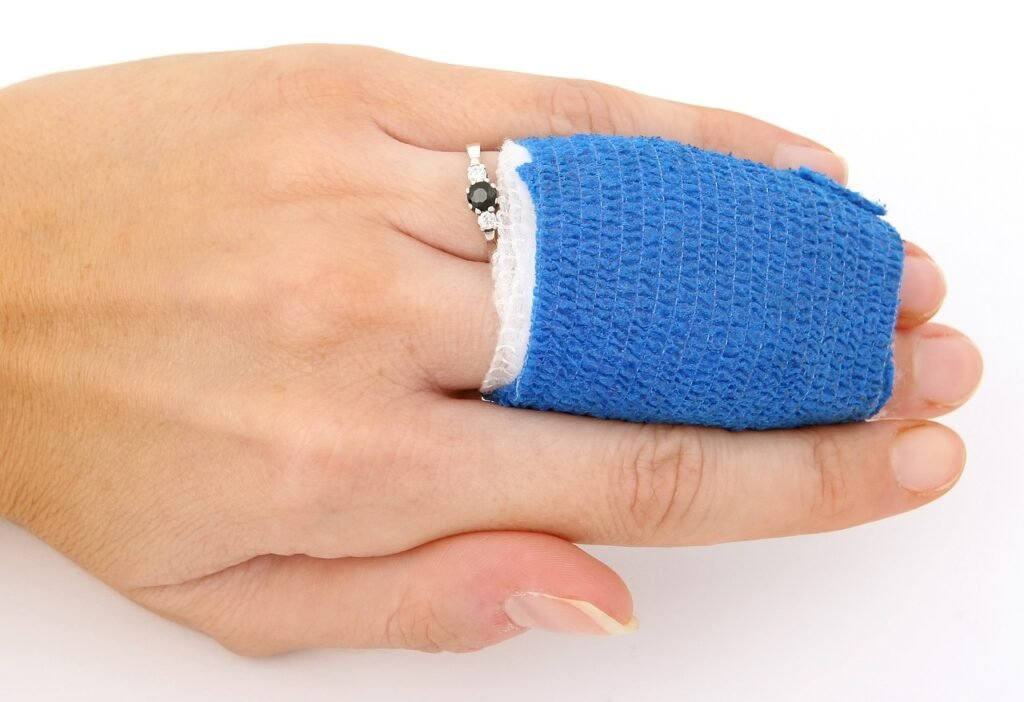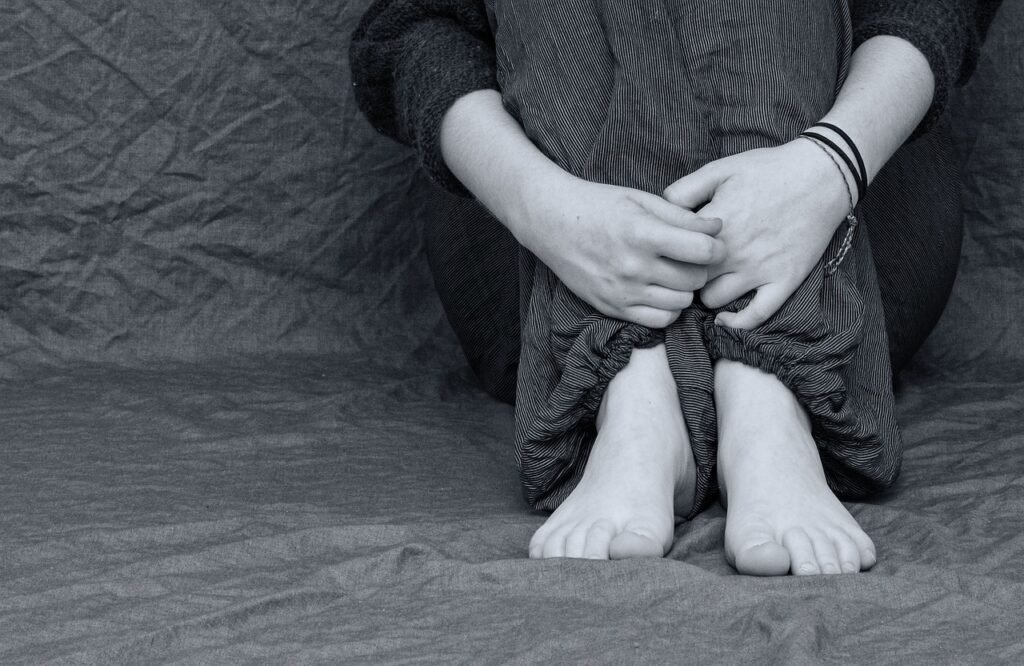- Fatigue and Weakness
- Bone and Back Pain
- Impaired Wound Healing
- Depression and Mood Swings
- Hair Loss
- Muscle Pain
- Frequent Illnesses and Infections
Vitamin D, often referred to as the “sunshine vitamin,” is a vital nutrient that plays a crucial role in various bodily functions. Despite the body’s ability to produce vitamin D when exposed to sunlight, many individuals still experience deficiency. Recognizing the signs of vitamin D deficiency is paramount for maintaining overall health and well-being.


1. Fatigue and Weakness


One of the common signs of vitamin D deficiency is persistent fatigue and weakness. Vitamin D is essential for muscle function, and inadequate levels may lead to feelings of lethargy and weakness.
If you often find yourself tired despite getting adequate sleep and maintaining a healthy lifestyle, low vitamin D levels could be a contributing factor.
2. Bone and Back Pain


Vitamin D plays a critical role in calcium absorption, promoting bone health. Deficiency in this vitamin can manifest in bone and back pain. This is particularly prevalent among older adults, as vitamin D helps maintain bone density and strength.
If you experience chronic pain in your bones or back, it’s worth investigating your vitamin D levels.
3. Impaired Wound Healing


Vitamin D is involved in the body’s natural defense mechanism and the healing process. If you notice that your wounds are slow to heal or that you are more susceptible to infections, it may be a sign of vitamin D deficiency.
Adequate levels of vitamin D are crucial for supporting the immune system and preventing infections.
4. Depression and Mood Swings


Research suggests a link between vitamin D deficiency and mood disorders, including depression. Low levels of vitamin D may contribute to changes in mood and increased susceptibility to depressive symptoms.
If you’re experiencing unexplained mood swings or feelings of sadness, it’s worth considering your vitamin D levels.
5. Hair Loss


While various factors can contribute to hair loss, vitamin D deficiency is one potential cause. Vitamin D receptors are present in hair follicles, and insufficient levels may play a role in hair thinning or loss.
If you’re noticing more hair in your brush than usual, it could be worth investigating your vitamin D status.
6. Muscle Pain


In addition to promoting muscle function, vitamin D is involved in reducing inflammation. If you experience chronic muscle pain or unexplained aches, it could be related to insufficient vitamin D.
Ensuring an adequate supply of this vitamin may help alleviate muscle discomfort and improve overall muscle function.
7. Frequent Illnesses and Infections


Vitamin D is vital for a robust immune system. If you find yourself falling sick frequently or struggling to recover from common illnesses, it may be a sign of vitamin D deficiency. This vitamin enhances the pathogen-fighting effects of monocytes and macrophages — key components of the immune system.
Related : How To Boost Immune System
Understanding and recognising these signs of vitamin D deficiency is the first step in addressing the issue and improving your overall health. If you suspect a deficiency, it’s essential to consult with a healthcare professional. They can perform a blood test to measure your vitamin D levels and provide guidance on supplementation or lifestyle changes.
To prevent vitamin D deficiency, aim for regular, moderate sun exposure, incorporate vitamin D-rich foods into your diet (such as fatty fish, fortified dairy products, and egg yolks), and consider supplements if needed. By maintaining optimal vitamin D levels, you contribute to the well-being of your bones, immune system, and overall health. Remember, a little sunshine can go a long way in ensuring you get the vitamin D your body needs.
Related articles:
